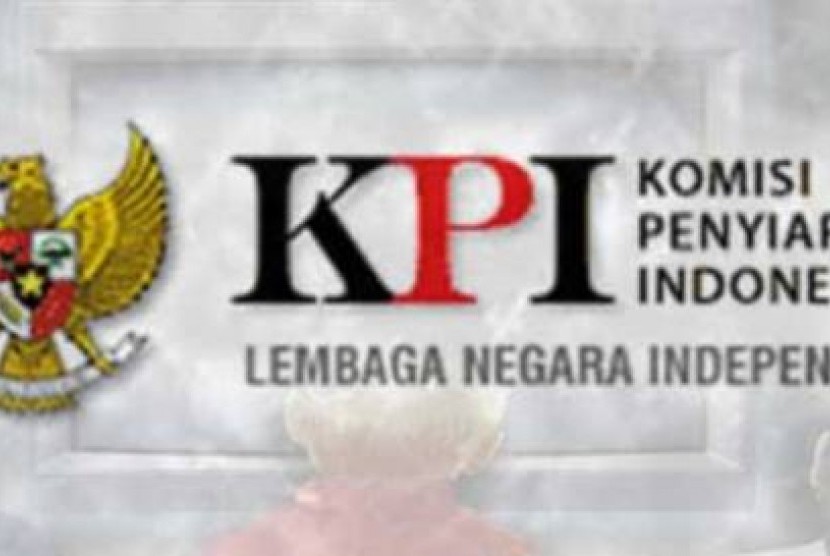REPUBLIKA.CO.ID, JAKARTA -- The Indonesian Broadcasting Commission (KPI) has reprimanded six TV stations for their disproportionate coverage of political news, talk-shows and advertisements.
"The six broadcasting stations reprimanded by the KPI are RCTI, MNC TV, Global TV, ANTV, TV One and Metro TV," KPI chairman Judhariksawan told the media here on Thursday.
Judhariksawan said that KPI had reprimanded the six television stations and urged them to change their broadcasting coverage, given the upcoming general elections in 2014.
"We are of the view that several broadcasters have given disproportionate coverage to political news, including advertisements containing political messages, which, according to the KPI, contain elements of campaigning," the KPI chairman noted.
He added that the KPI had recorded the forms of their violations, which differed for each station.
"In some cases, the political coverage is not disproportionate, but is dominated by information from a particular group or affiliated groups, political party advertisements or financed by election candidates," he added.
Judhariksawan said the KPI reprimand for the six TV stations constituted an administrative sanction.
"If the General Election Commission (KPU) and the Election Supervisory Agency issue sanctions, they will be directed at the political parties or the individuals of the Regional Representative Council's nominees, not the broadcasting institutions (TV stations)," he added.
Last month, the Election Supervisory Board (Bawaslu) had reprimanded national TV stations MNC Group, Metro TV and TV One because their content contained covert political campaigns.
"We noticed that that there are potential violations of election campaign regulations. We would like to remind the LPP, the MNC Group, Metro TV and TV One that they should not broadcast programs that could violate the rules," Bawaslu chairman Muhammad had warned.
He also called on all Indonesian broadcasting companies and private TV stations to stop airing covert campaign-related programs.
These alleged covert campaigns were carried out in the form of advertisements that included on-screen images of political leaders. There were also violations of broadcast rules when ceremonies that included political leaders were televised.
"There are several TV programs that show political leaders," he added.
He noted that while political leaders denied that their appearances on TV programs are covert campaigns, Bawaslu believes their appearances on TV programs are clear violations, especially since some of these leaders are also major stakeholders in TV stations.
Muhammad pointed out that as a pre-emptive measure, Bawaslu had warned TV stations before the alleged violations were committed. "We sent letters again to remind them. But they did not change their coverage. Bawaslu has the obligation to remind them," he added.
He said the time for political campaigners to use publications and TV stations to promote the candidates in next year's legislative and presidential elections had not yet arrived. Based on the regulations of the KPU, election candidates can place advertisements in the mass media only 21 days before elections are held.
Besides TV stations, the KPU also saw covert campaigns by legislative candidates on billboards, though such promotions are banned by the KPU under Regulation No. 15 / 2013.
He added that several election candidates had carried out covert advertising campaigns by promoting party colors on billboards as well. "Since they are not allowed to place names or sequence numbers on billboards, some candidates resorted to advertising their party's colors," he said.
The KPU has not issued any reprimand about the use of party colors, but violators could be penalized for ignoring other regulations, he pointed out.


